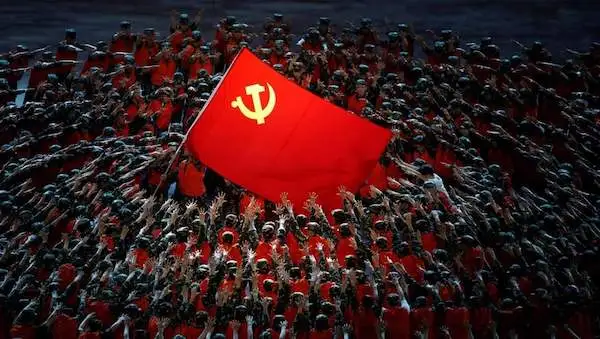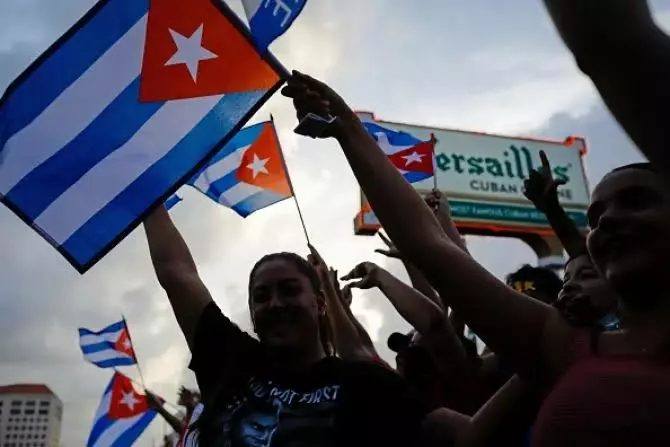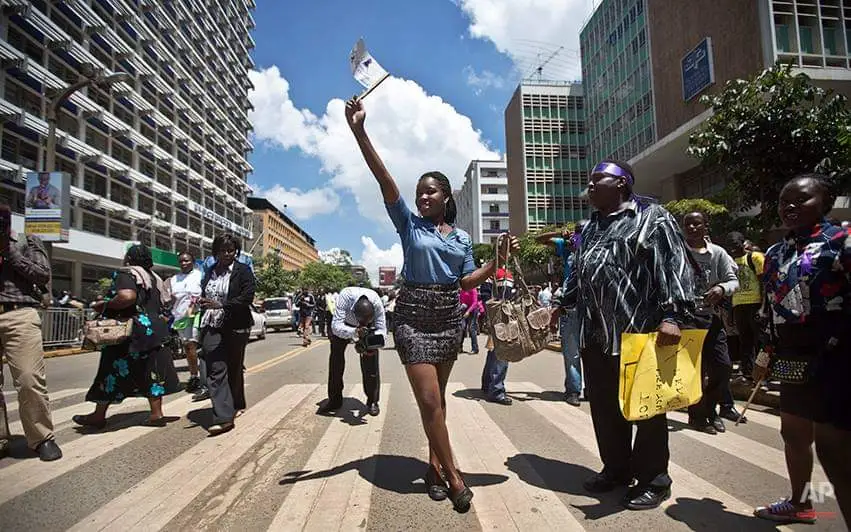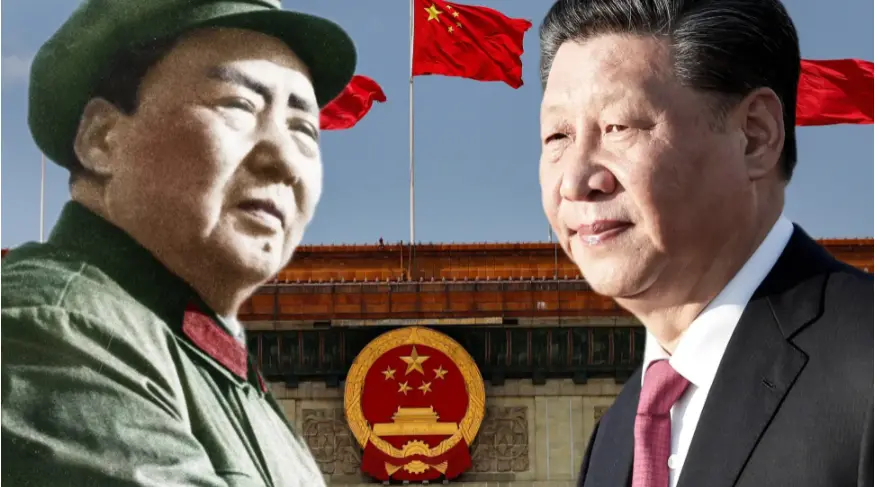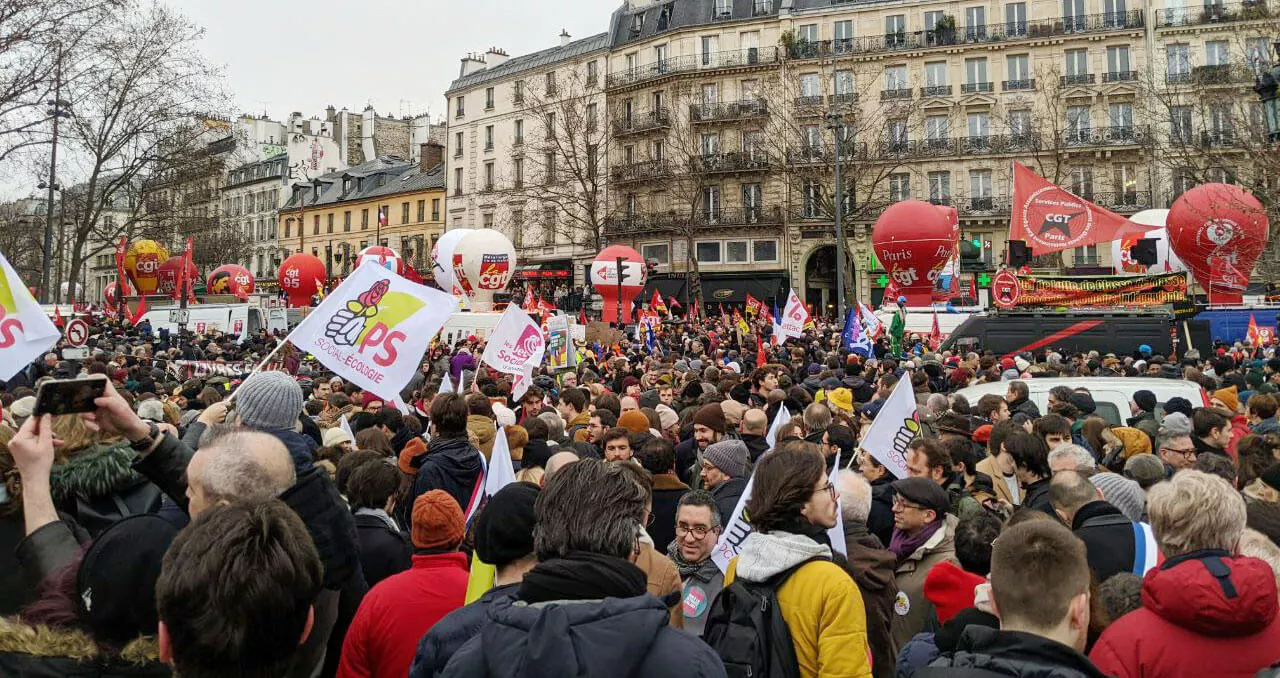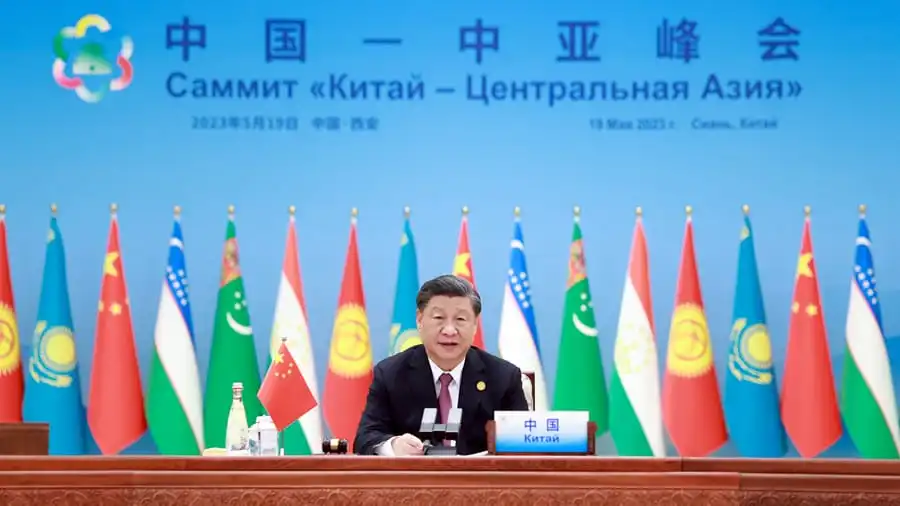The art world, like many elements of culture, have drifted further and further away from the social reality, becoming increasingly a social currency for the middle and upper classes. This has been developing in many different forms – be it the promotion of ‘art for art’s sake, increased reliance on charitable status or increased dependence on wealthy donors, cuts to education, or cuts to arts funding from state sources.
This has created a situation where politics in the arts has been forced into a very narrow ‘acceptable’ window – where liberal concerns like ‘how do we get the LGBT community better representation’ or ‘what does a decolonised arts education look like?’ However, politics focused on class or challenges the norms or material problems that plague society is almost actively pushed away from the discussion entirely.
The elite level of the arts has found itself in an incredibly contradictory situation. A situation where they are open to admitting – there aren’t enough of the X community in our art circles – but never looking at the material problems which stop that very community from being able to explore the arts as a profession. In short, admitting things are not great, but not fighting to change things.
Many artists, like all workers, are disconnected from the means to be able to produce culture i.e. artists do not own venues/galleries and other factors. This means, like all workers, this alienation from the means of production restricts our ability to live and create independently. Unlike other workers, artists have a difficult conundrum produced by the class nature of most art workers. This means, the politics at best are liberal – namely a positive spin on the system, not an emancipatory solution.
With the class and power dynamics that exist in the arts, it is no surprise artists have drifted from the masses – do you chase the people of influence and increase your chance of work and stability, or do you find a way to engage the masses without any stability, and increased chances of poverty?

Click here to subscribe our monthly magazine
So, what is the responsibility of an artist?
In short, we have two battles to fight. The infrastructure that holds the arts hostage needs overhauling. We need a vision of egalitarian art, which simply allows arts to exist to promote a nation’s culture and because they are a voice of the populace – as Lukács points out art is a totality of society.
Alongside this improvement of our rights as workers, we as art workers need to be more increasingly engaged with the masses. As Mikis Theodorakis, Hanns Eisler, Grupo Pancasan, Mayakovsky, Jana Natya Manch, and numerous others have shown – the masses genuinely love art that is built for them. This is not, encouraging some Zhdanova vision of slightly kitsch ‘heroism’, but simply engaging with the masses as equals means dialogue is created where workers can be challenged and represented in the arts.
In reality, the arts are a reflection of our society – as workers our priority should be on improving that society. Though this improvement most often means fighting for reforms, a win on each front is a big victory for the workers as a whole. As Hanns Eisler said ‘music does not win a revolution, but it
does help’. We have to be realistic, when in a period of revolution, the arts can be an important propaganda tool, however, in times of stable peace, the arts can at best poke the metaphorical bear, or at least celebrate the needs and desires of the masses.

Our responsibilities as artists should never be bogged down in the formalism of aesthetics or style or experimentalism, but simply we should focus on how we can better the world of those around us – either through action or our art. We should not avoid engaging the masses, we should address their concerns as our equals and do everything we can – either artistically or practically – as artists, as the intelligentsia of our time, we should continue to serve our class.
